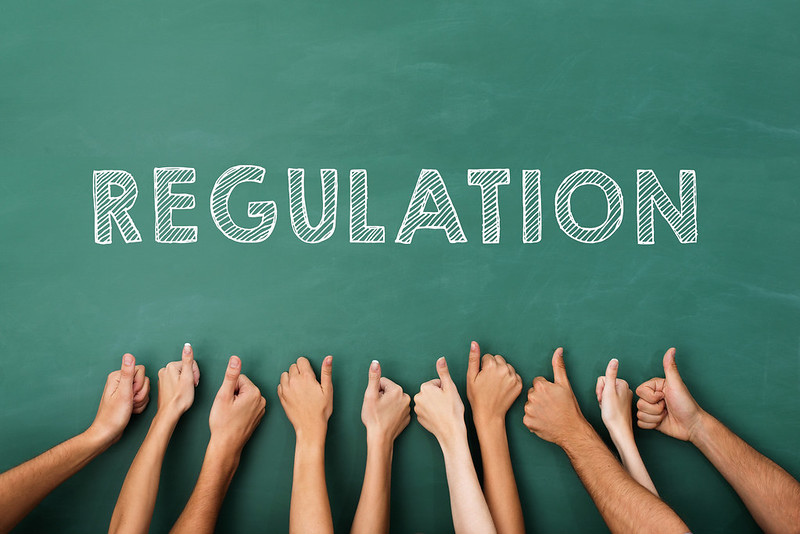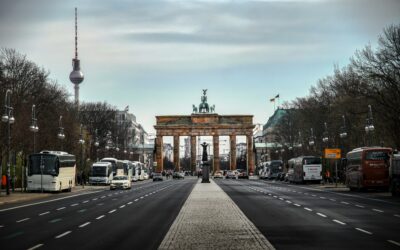Background
Brazil has been known as a country with relatively long pharma regulatory procedures for evaluating clinical research and registration documents. According to data presented by CONEP (the National Ethics Committee) the average timeline in 2013 for CONEP’s first opinion letter (approval or questions) was around 107.5 days. However, due to ANVISA’s effort to shorten the cycle timelines this average went down to 27 days in 2017, a reduction of more than 70%. Although it is still common practice to receive some questions from CONEP, the average waiting time for the final drug or medical device approval has been significantly reduced.
ANVISA’s role
ANVISA (Agência Nacional de Vigilância Sanitária) is Brazil’s Health Regulatory Agency, which aims to promote the populations health by executing sanitary control of the production, marketing and use of products and services subject to Health Regulations. These include related environments, processes, production inputs and technologies. Established in 1999, ANVISA operates as an independent administrative and financial agency, working in close cooperation with the Ministry of Health; the Ministry of Planning, Development & Management and the Federal Audit Office.
Process
ANVISA’s current Strategic Planning Cycle consists of nine strategic objectives:
- Increase of safe access to goods and services
- Improvement of the Health Regulatory Framework
- Optimize pre-market activities based on health risk assessments
- Improve post-market regulatory activities, focusing on controlling and monitoring
- Strengthen the coordination activities of the Health Regulatory System
- Increase the efficiency of operations in ports, airports and at the borders
- Improve the activities of international cooperation and regulatory convergence
- Implement a governance model that encourages integration, innovation and institutional development
- Strengthen the activities of education and communication in the health regulation field and the model of institutional relations
Over the past few years, ANVISA has significantly enhanced the access to products and services in Brazil, reduced waiting times for registration and post-registration processes, as well as provided an efficient customer support system. Moreover, it increased the number of collaborative projects with the Brazilian National Council for Scientific and Technological Development and innovative studies. Regarding the agency’s international relevance, ANVISA has gained recognition on an international level by becoming a member of the International Conference on Harmonization (ICH) in 2016.
Challenges
Despite achieving successful results, there are still some important challenges that need to be dealt with. Among the most important ones: advancement in promoting international regulatory convergence and the modernization of the working processes focusing on faster deliveries, better quality, safety and overall efficacy of products. ANVISA also pursues strengthening post-market and post-use vigilance models and continues to reduce waiting times for registration, inspection and import licenses. Finally, it is crucial to consolidate all three levels of the governmental control actions for health, as well as implement a consistent assistance policy in accordance with good governance, expanding the access to information, communication and transparency.
Featured image: Mike Cohen – regulation




